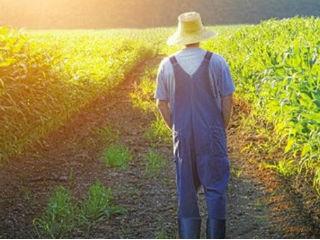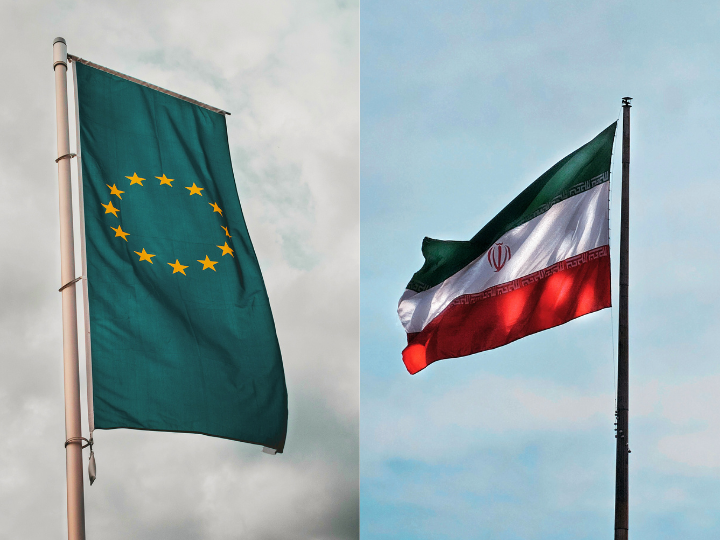Promoting innovation by supporting agricultural research and the diffusion of new ideas through knowledge transfer networks and operational groups is one of the directions which will improve the overall productivity of the sector rather than simply redistributing jobs from other sectors of the economy and will help mostly young farmers who are more familiar with the new technologies to overcome specific barriers and constraints to improving their productivity, rather than relying on generalized income support which may or may not have a positive impact on agricultural youth employment.
Global challenges to achieve food sufficiency in the coming decades in my opinion backed up by the philosophy "more with less". So, I believe that there are two pillars that should be promoted by the new CAP if we want to embrace this direction by attracting at the same time young people in the field of Agriculture.
The first has to do with the empowerment of youth entrepreneurship and the second with cutting edge technologies e.g. as precision Agriculture.
As regards the origin, biofuels based on crops which their fruits produce food (or animal feed) will result in a dramatic decline with bioethanol-producing crops (e.g. corn) to be hit hardest. This is because the argument "we take the food from the mouth of people to just fuel their cars ' is very powerful now in the EU. The phasing down provisions in the proposed EU legislation, however, do more than simply raise a red flag: they are essentially signaling to EU producers and investors that first generation biofuels are on their way out the EU energy door and raises concerns for jobs could be affected through a linear phase out between 2020 and 2025.
The decision to gradually reduce the rate after 2020 certainly gives greater possibilities to enterprises engaged in managing not only the fruit but crop residues as well and this change of the status quo will be an important business opportunity for non-EU countries and particularly those of the Black Sea areas.
How has the Russian ban on agricultural products affected the fruit and vegetable sector in the region? Have you managed to find alternative markets?
In this “lose-lose” game - the EU-Russia trade war has severely impacted the income of EU farmers (according Copa-Gogeca the ban is estimated to have affected 4.2% of total EU Agri-food exports and farmers have lost their main export market overnight worth €5,5 billion) but also significantly impacted the Russian economy, with food prices increasing, and quality declining.
In parallel, a range of EU actions to mitigate its effects have been pursued like measures dealing with the internal dimension e.g. the use of market stabilization tools under the common agricultural policy (CAP), private storage aid etc. but also measures dealing with the external dimension, involving efforts to access alternative export markets, including those which are at present hampered by sanitary and phytosanitary barriers. So both directions contributed to the promotion of products either on the EU internal market or in third countries, as well as to improve communications actions. In that sense, fruits and vegetables significantly participated in the trade surplus that had formed before the Russian embargo.
Consequently, to impose the Russian ban on agricultural products by EU countries created huge problems to the exports of Southern Europe agricultural products, especially fruits and vegetables the dominating export activity but in short term markets backlashed with defense actions in already existing markets but also acted imaginatively with fast expansion into new as the Asian countries/markets (South Korea, China, India but also in Middle East countries like Egypt) in order to try overcome the bottleneck.




 By: N. Peter Kramer
By: N. Peter Kramer
